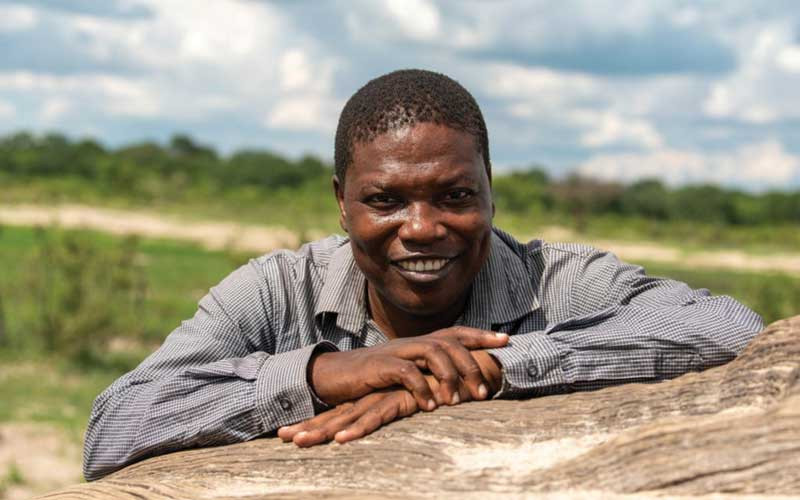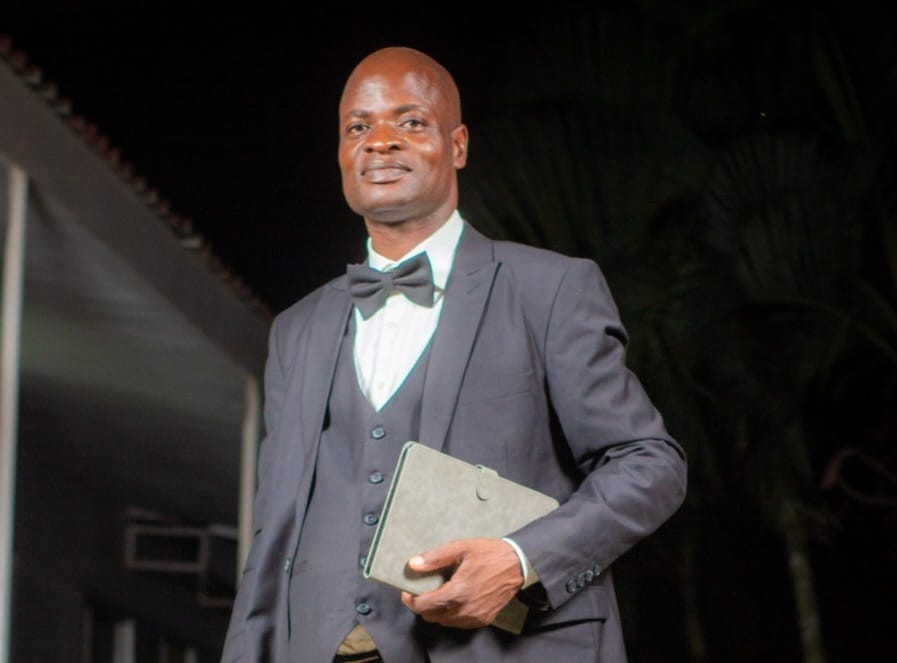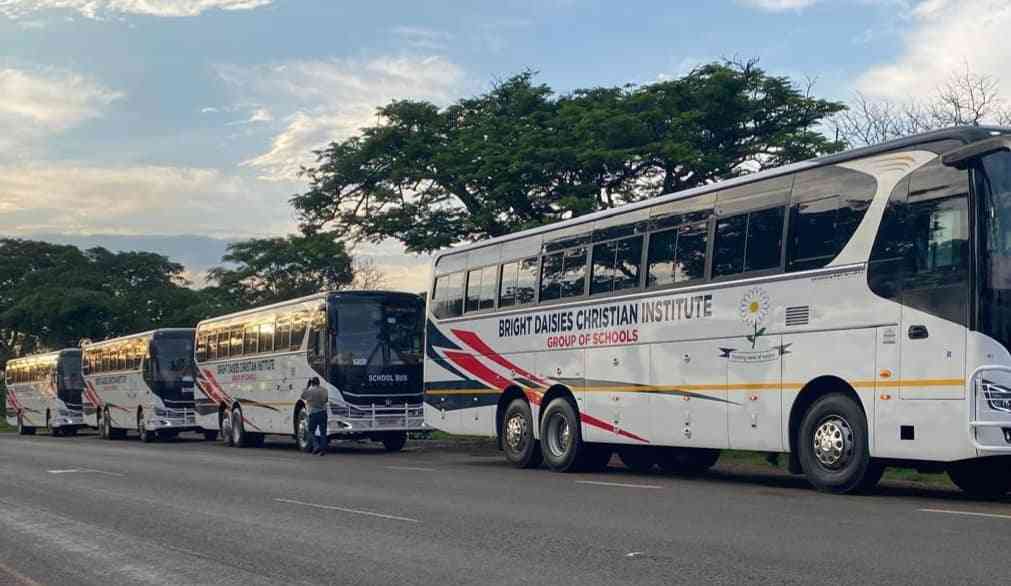
MULTI-AWARD conservation winner and former Senior Zimbabwe Parks and Wildlife Management Authority officer, Amos Gwema has launched a climate change and poaching documentary — Community Led Policing: The Evolution of Wildlife Conservation in Africa which sends a message to the people that wildlife crime does not pay and even the impending drought should not be taken as an excuse for poaching.
The documentary shot in Hwange, runs under the theme: No matter what, Stop committing wildlife crime! features an ex-convict Patrick Dube (58) who spent seven months behind bars after committing a wildfire crime in Hwange.
He shares his story on how he got arrested for poaching in the name of “I didn’t know”. In the documentary, Dube narrates how he lost money paying lawyers to assist him in the case and also losing livestock trying to raise money to pay the lawyers.
It also talks about the effects of climate change, which have resulted in poverty, hunger forcing villagers in Hawange to end indulge into wildlife crime. The ex-convict is now working with Gwema in the wildlife conservation area in Hwange.
Gwema told Standard Style that through the documentary, he wants to send a message to the communities that wildlife crime is not worth the cost.
“I want to send a message to the community that wildlife crime does not pay. Actually, you lose your savings as said by the ex-convict now working with us for wildlife conservation. Even the impending drought should not be taken as an excuse for poaching by the community. They should find other means of survival than resorting to poaching.So despite people being arrested for illegal possession of wildlife products eg ivory, pangolins, there are some who still believe that you can get money out of illegal wildlife trading,” he said.
He added that behind the walls of prisons, there are countless family members who have been imprisoned for illegal wildlife trade.
“Many fathers, mothers, daughters, sons etc are behind the walls of prison throughout the country for illegal trading in wildlife products. Hence, the community should know that wildlife crime does not pay. So, I want to inform the public that wildlife crime does not pay, which is why the ex convict speaks in his mother language so that others can understand. There is no one who has benefited from wildlife crime I challenge the community members to nominate one from their communities, who have benefitted and that there is none,” he said.
- Poaching syndicates trap vulnerable villagers
- Power cuts spur Zimbabwe’s green energy revolution
- Power crisis needs practical solutions
- Youth candidates debate manifestos on social media
Keep Reading
Gwema said various themes are portrayed and people should not take them lightly.
“There are themes portrayed in the documentary, which are so crucial. These include — Wildlife crime does not pay to stop committing wildlife crime, If you see any person committing wildlife crime report to the authorities that is parks, police or any Government agency for corrective action to be taken.
“The documentary also shows that school children can play a critical role in wildlife conservation, chiefs and community leaders play a critical role in conservation. Even though drought-affected communities should not commit wildlife crime, they will lose their savings through legal fees,” he added.











